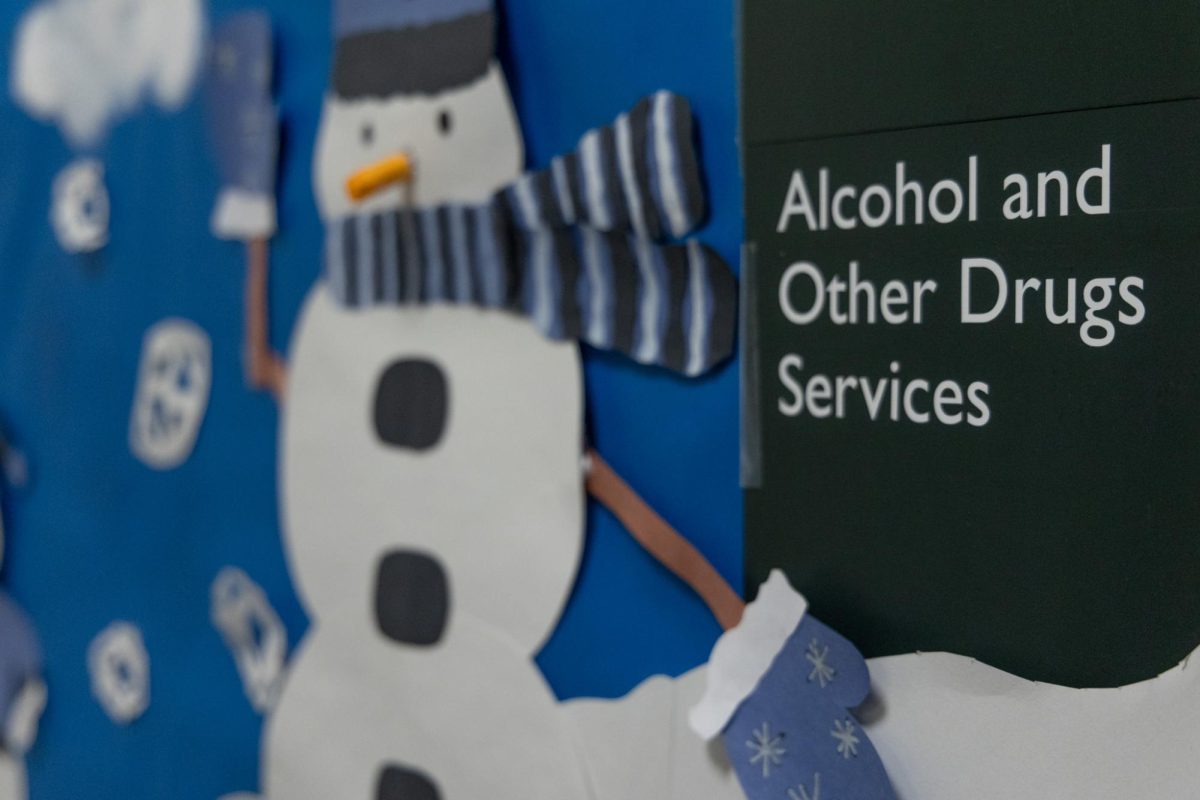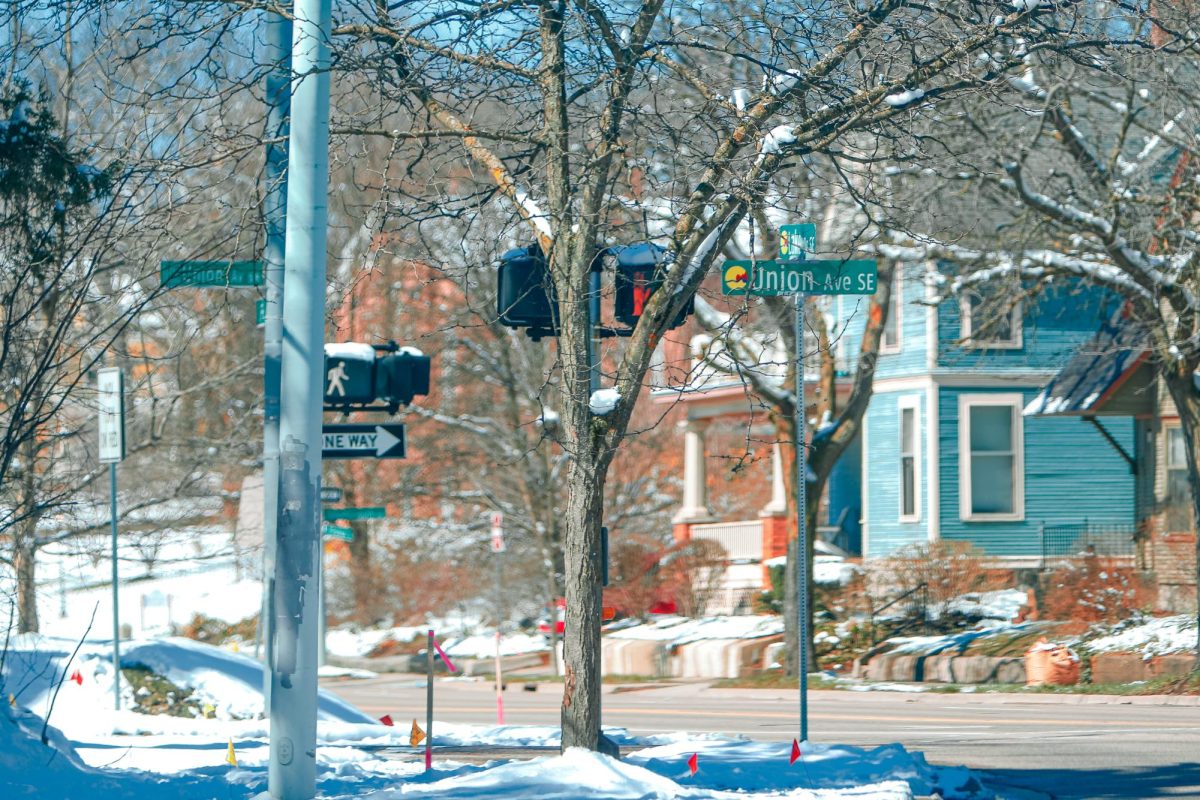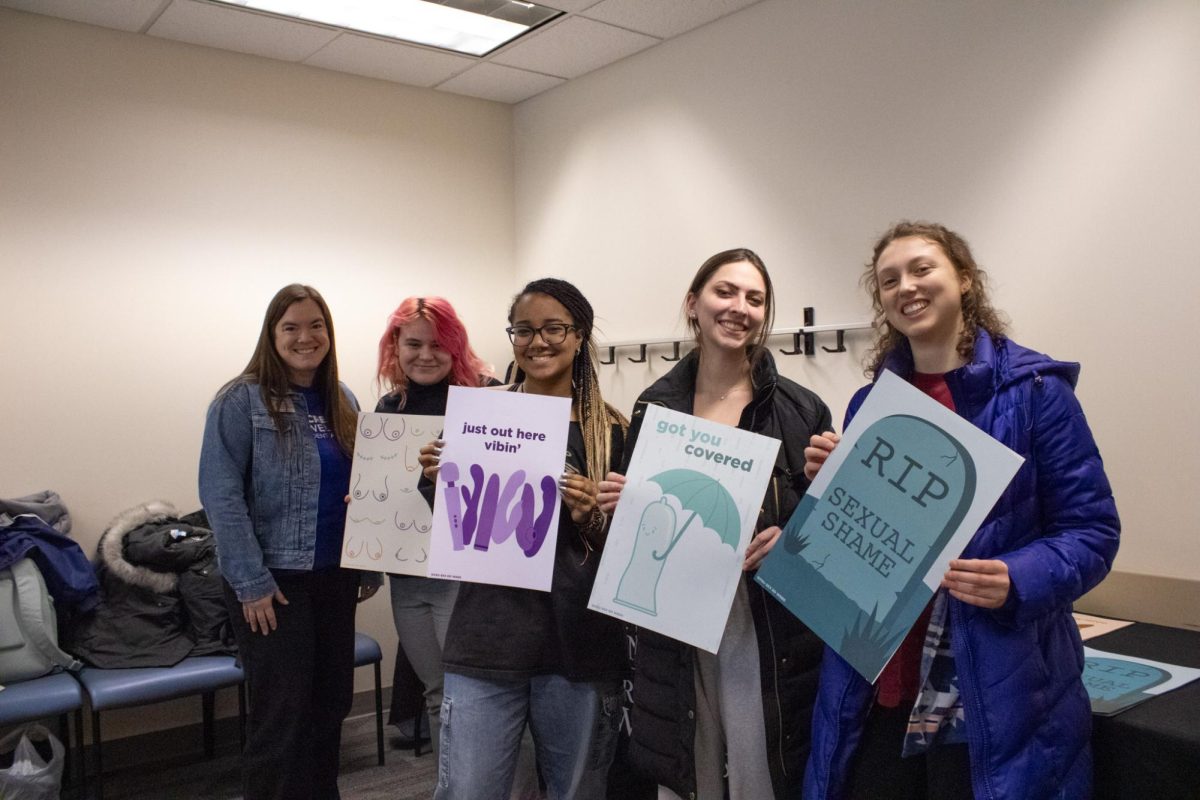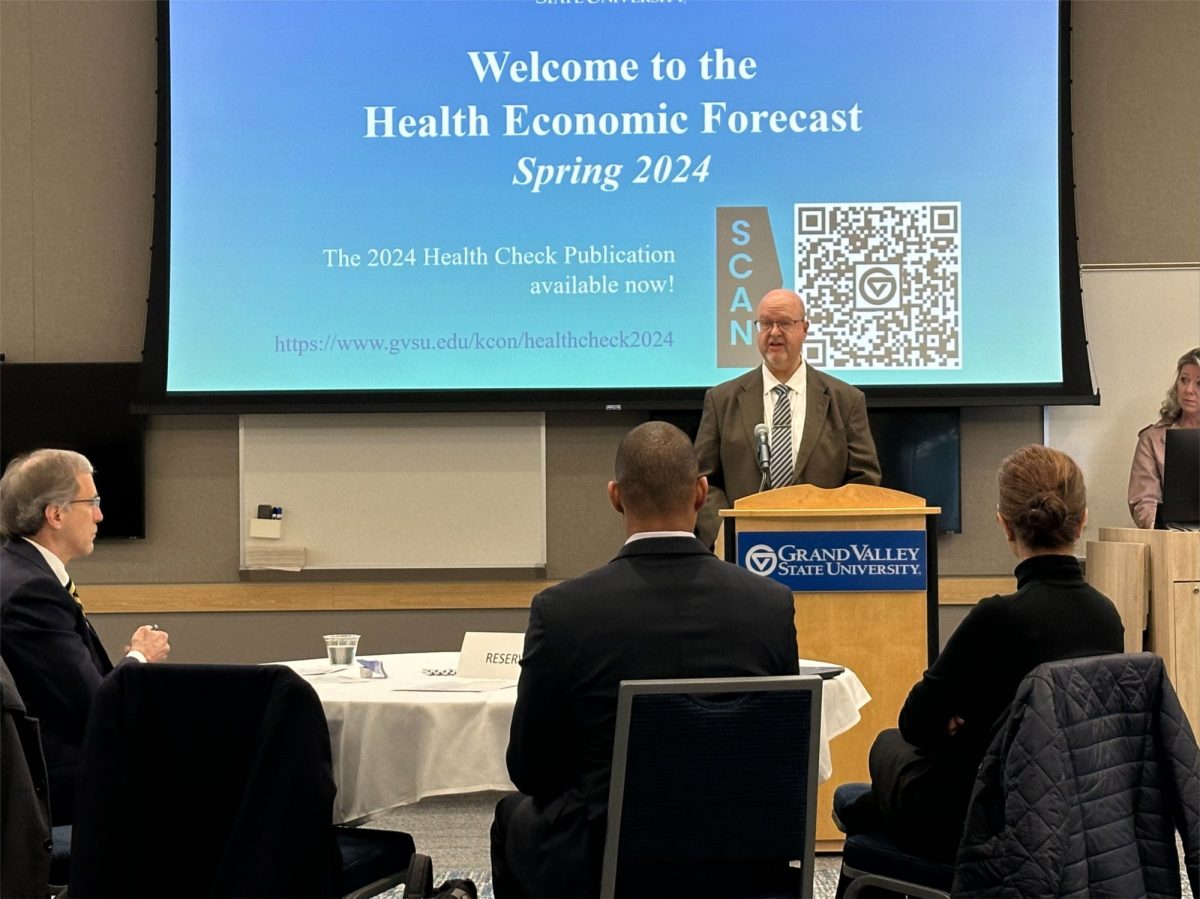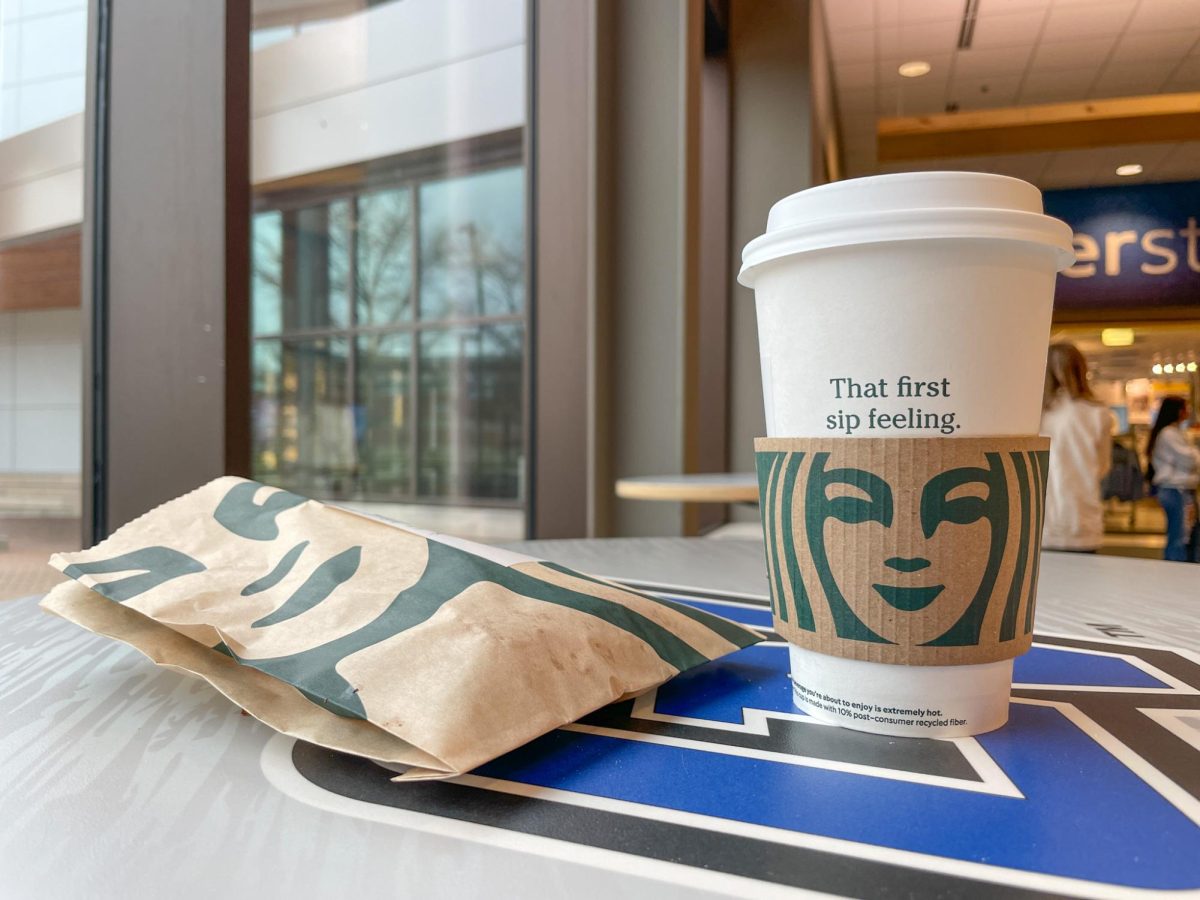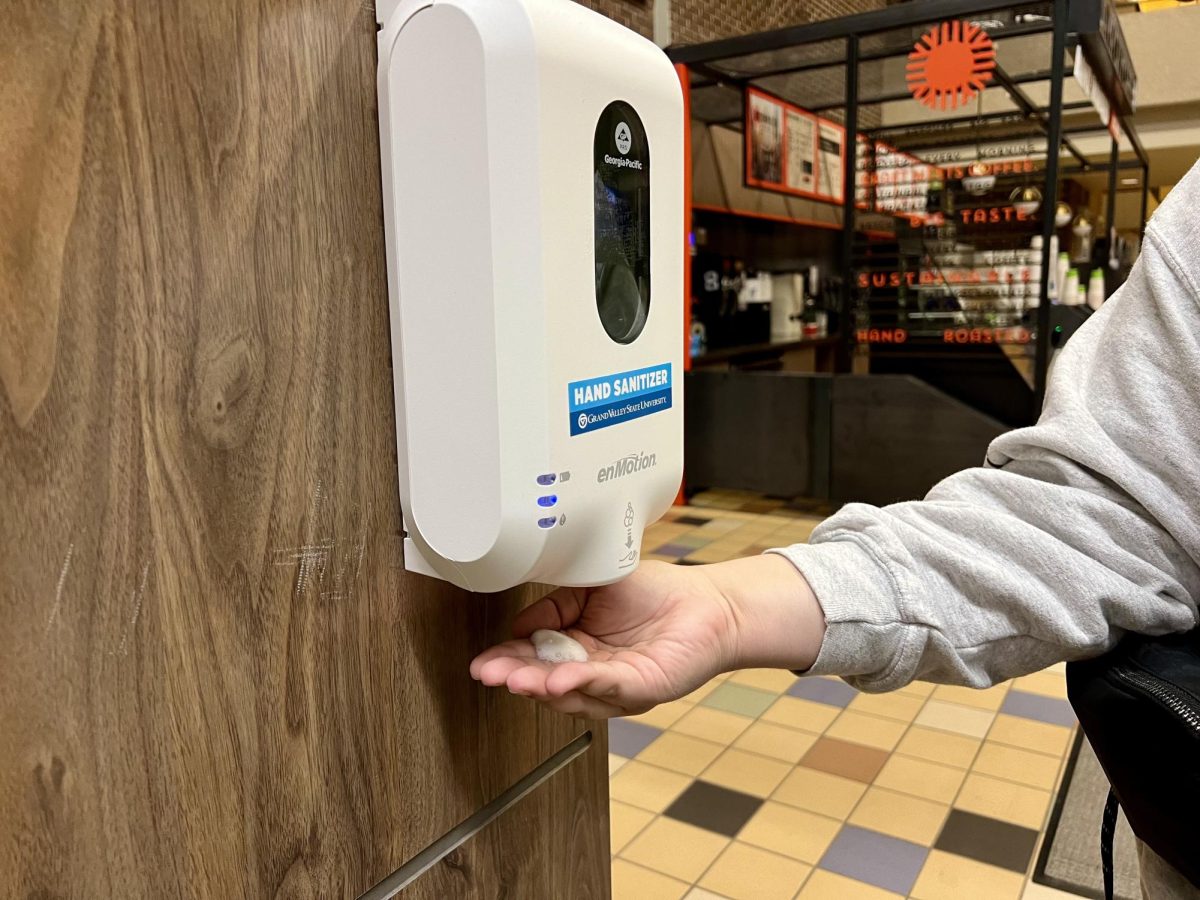For many, the start of a new year heralds a list of resolutions- goals for starting fresh and things you’d like to achieve. These goals can be actions, maybe eating healthier foods, starting exercising more, drinking less alcohol or no alcohol at all for a whole month.
The trend “Dry January” has recently been a topic of discussion across social media, especially with younger generations. The trend consists of drinking no alcohol for the entire month of January. There’s another alternative called “Damp January” where participants significantly limit alcohol consumption.
Andrea Smith, Associate Director of Alcohol and Other Drug Services (AOD) at Grand Valley State University, said the benefits of this cleanse help people to realize how alcohol is impacting them.
“A lot of people like Dry January due to holidays and generally over-indulging in lots of areas,” Smith said. “When folks tend to take a break from alcohol, they’re realizing a lot of the negative potential impact that alcohol is having on their body.”
Some immediate effects of cleanses from alcohol might lead participants to have a better mood and to get better sleep. Many who partake in a “Dry January” or “Damp January” gain a fresh perspective on life without alcohol can help people make decisions on when, or if, they go back to drinking.
Commonly, overindulging among young people can stem from peer pressure.
“A lot of students start using substances as a way to feel like they’re fitting in better,” Smith said. “A lot of students also report alcohol makes them feel less awkward and more socially open.”
Some students might also turn to substances if they’re feeling overwhelmed and stressed. Additionally, overindulging in substances, like alcohol, can lead to substance abuse. Smith said there are many positives to living a sober lifestyle.
“Sobriety is a choice some people make because they don’t like the way alcohol makes them feel,” Smith said. “Some students might also choose a sober lifestyle because they feel they can’t drink responsibly or use substances responsibly.”
Some people use alcohol as a way to cope with negative feelings– physical and emotional. Sobriety can be a way to find more healthy coping mechanisms by being able to feel and acknowledge uncomfortable emotions. Some students also might choose sobriety if a student’s family has a history of addiction, which can increase their chances of substance use disorders.
Personal experiences with substances can look different for everyone. Joshlyn Rasmussen, a fifth-year student at Grand Valley State University said personal experiences related to family and friends with alcohol prompted their participation in “Dry January.” When Rasmussen turned 21, they felt they had fallen into a negative rhythm with alcohol and attempted to limit drinking to only once a month.
“I told my mom and my stepdad about it and they were really concerned,” Rasmussen said. “I stopped drinking at that point because I didn’t want to let them down.”
Rasmussen said a night out in downtown Grand Rapids for a friend’s birthday caused their old habits to resurface. Rasmussen felt pressured to join in when seeing their friends or family using substances like nicotine vapes, cannabis edibles and alcohol.
“Whenever my friend and family member was doing it, I wanted to join in,” Rasmussen said. “I have learned that alcohol and edibles and smoking are some of the most toxic things that I should not do and, honestly, it’s really really bad for my system.”
Dry January can be helpful for people trying to get out of the cycle and become motivated to quit drinking altogether. If someone is struggling with substance abuse, the Alcohol and Other Drug Services Division of Student Affairs has a variety of resources available. Programs open to students include prevention and education, sober events on holidays, substance abuse counseling or consultations, group meetings and smart recovery.






















